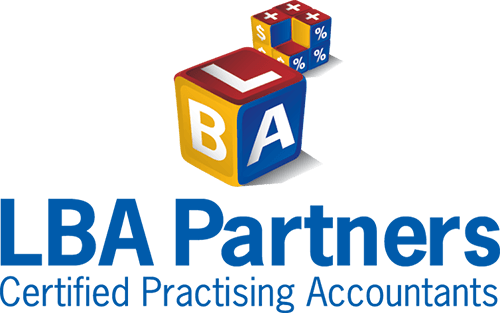Getting the benefit of your business tax losses
When you're starting a new business venture, it may take some time before the business becomes profitable. Or, your business may simply operate at a loss in a particular year.
What does this mean tax-wise? If you're a sole trader or individual partner, you may be able to use your business tax loss to offset other assessable income you earn personally. This includes salary from employment and income from personal investments.
But watch out: if the loss is "non-commercial", you can't use it immediately. Instead, you must defer it (see below). To pass the non-commercial loss rules, you generally must meet two requirements. First, your adjusted taxable income must be less than $250,000. For these purposes, you ignore your business losses, but must add any reportable fringe benefits, salary sacrifice or personal super contributions, and total net investment losses. Second, you must pass one of these four tests, designed to measure whether your business activities are sufficiently "commercial":
- your business activity's assessable income is at least $20,000;
- your business has made a tax profit in three out of the past five years;
- you use real estate valued at $500,000 or more in your business on a continuing basis; or
- the value of "other assets" (excluding vehicles and real estate) you use in your business on a continuing basis is at least $100,000.
If you don't pass any of these tests (or fail the $250,000 income requirement), you must defer the loss. You can use it against future business income when the business starts making a profit, or against other income sources when you start satisfying the non-commercial loss rules. Your losses can be deferred indefinitely until then.
There are special rules for primary production and professional arts businesses. If your income from other sources (excluding any net capital gain) is less than $40,000, you can use your business tax loss against that income and not worry about the non-commercial loss rules.
What if you satisfy the non-commercial loss rules but don't have income against which you can offset your tax loss? Sole traders and individual partners can carry forward tax losses to a later year to apply against future income. While losses can be carried forward indefinitely, you must use them to offset income at the first opportunity.
Whether you're setting up a new business or need advice about using existing losses, contact our office to discuss tax loss planning to help your business succeed.



